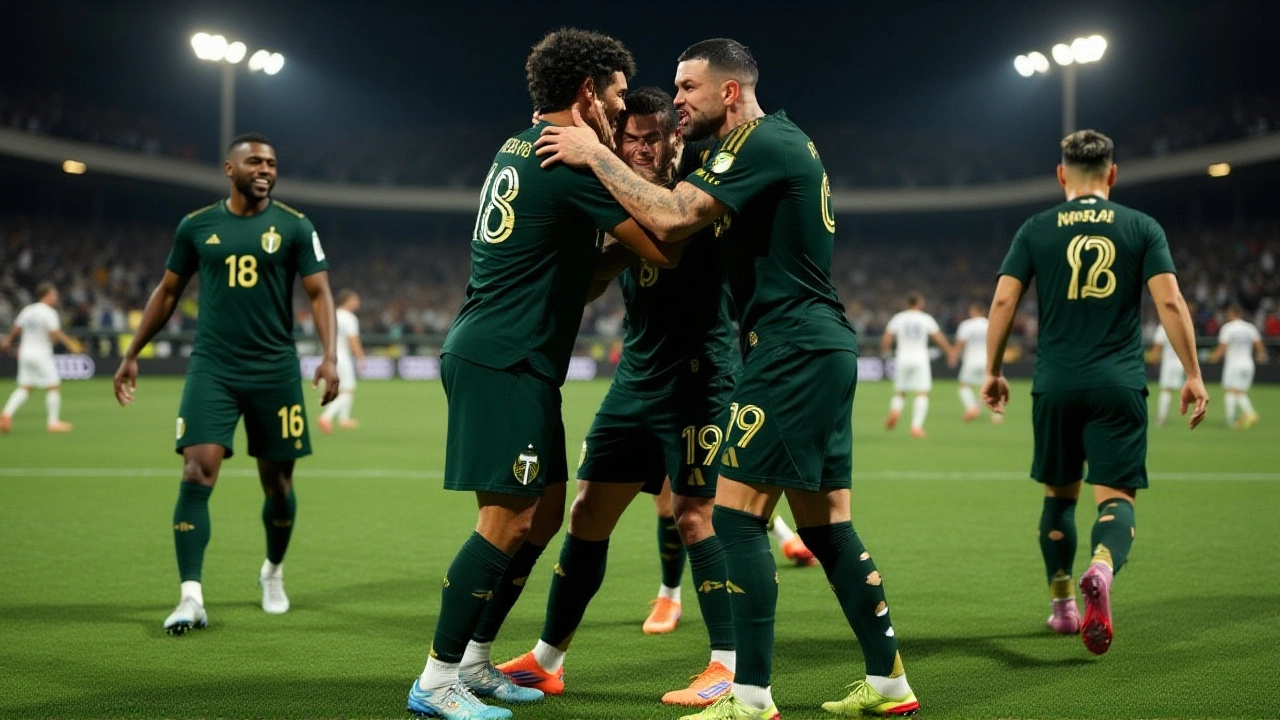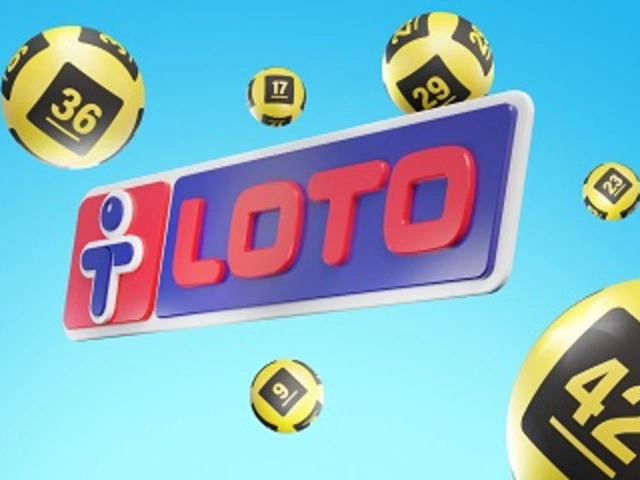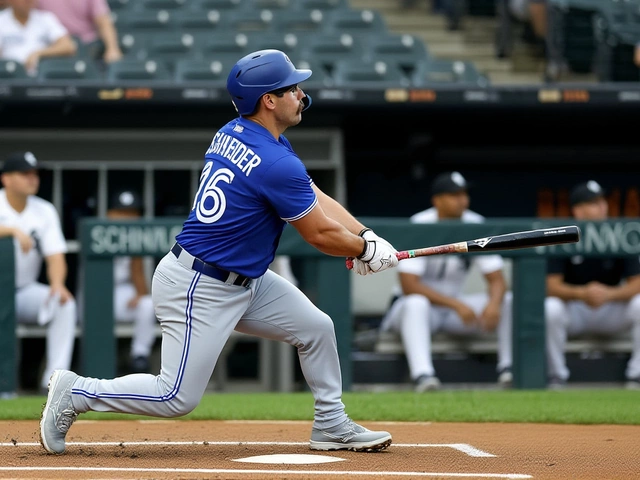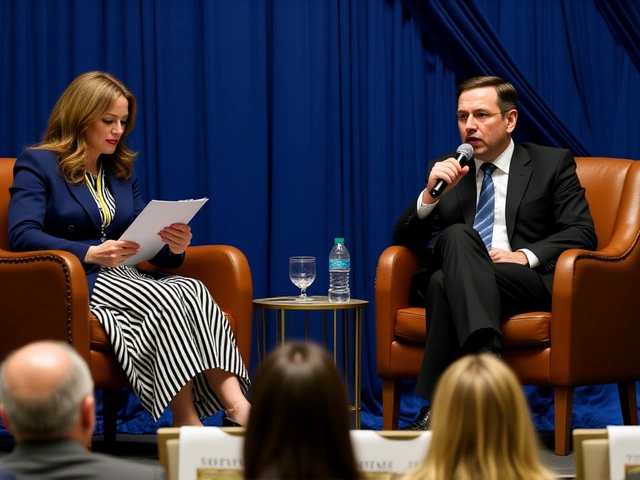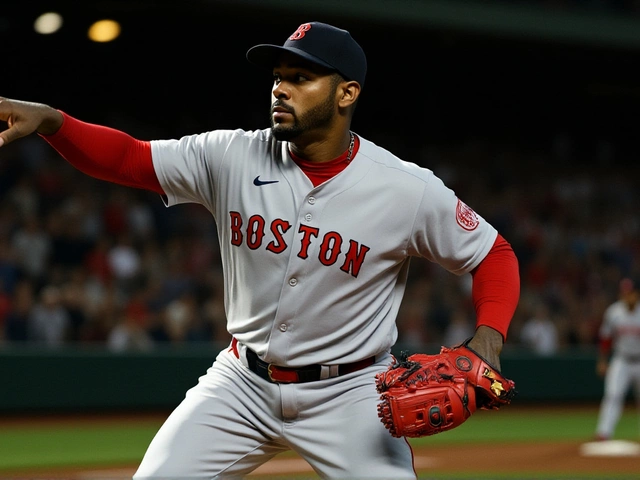On a crisp November evening at Snapdragon Stadium, San Diego FC didn’t just win a soccer match — they rewrote history. The expansion side crushed the Portland Timbers 4-0 in Game 3 of the Audi 2025 MLS Cup Playoffs Round One Best-of-3 SeriesSan Diego, sealing a 2-1 series victory and becoming the first expansion team ever to win a best-of-three playoff round in MLS history. The win wasn’t just a fluke — it was a statement. Two goals each from Anders Dreyer and Amahl Pellegrino turned the stadium into a cauldron of roaring fans, while goalkeeper Pablo Sisniega delivered the club’s first-ever clean sheet in playoff action.
From Chaos to Control
The series had been anything but smooth. San Diego took Game 1 on October 26 with a 2-1 win after Portland played most of the match with 10 men. Then came the twist: Game 2 in Portland, on November 7, ended in chaos. Rookie Gage Guerra equalized in the 98th minute — the latest goal of the MLS postseason — forcing a penalty shootout. Portland won it 3-2 after San Diego’s Ingvartsen and Tverskov missed, while Kristoffer Velde and Antony buried their chances. The Timbers celebrated. But in San Diego, the locker room stayed quiet. No panic. Just preparation.The Decisive Night
Come Sunday, San Diego didn’t wait. In the fifth minute, Dreyer skipped a volley from the center of the box — a perfect arc from Onni Valakari found him, and he buried it. By the 17th, Pellegrino had doubled the lead, hammering home a rebound after his initial shot was parried by Portland’s James Pantemis. The Timbers, who had been the league’s most resilient side in close games, looked shell-shocked. They managed just 285 passes to San Diego’s 571. Possession? 58% to 42%. Nine corners to Portland’s two. The control was absolute.Goals, Grit, and a Red Card
Pellegrino struck again in the 53rd minute, a clinical finish that felt like the knockout punch. By then, the Timbers’ spirit was broken. Their only spark came from Kristoffer Velde, who had scored in Game 2 and finished his brief but impactful tenure with two goals and two assists in 12 games. But even he couldn’t ignite a comeback. Then, in the 80th minute, Juan Mosquera received a straight red for a reckless tackle — the final nail. Portland played the final 10 minutes down a man, and San Diego capitalized on the space. Dreyer sealed it with his second goal, a cool finish from outside the box that sent the crowd into a frenzy.Sisniega, stepping in for the injured CJ dos Santos, made two crucial saves — but the real story was the defense’s discipline. No panic. No breakdowns. Just a wall.
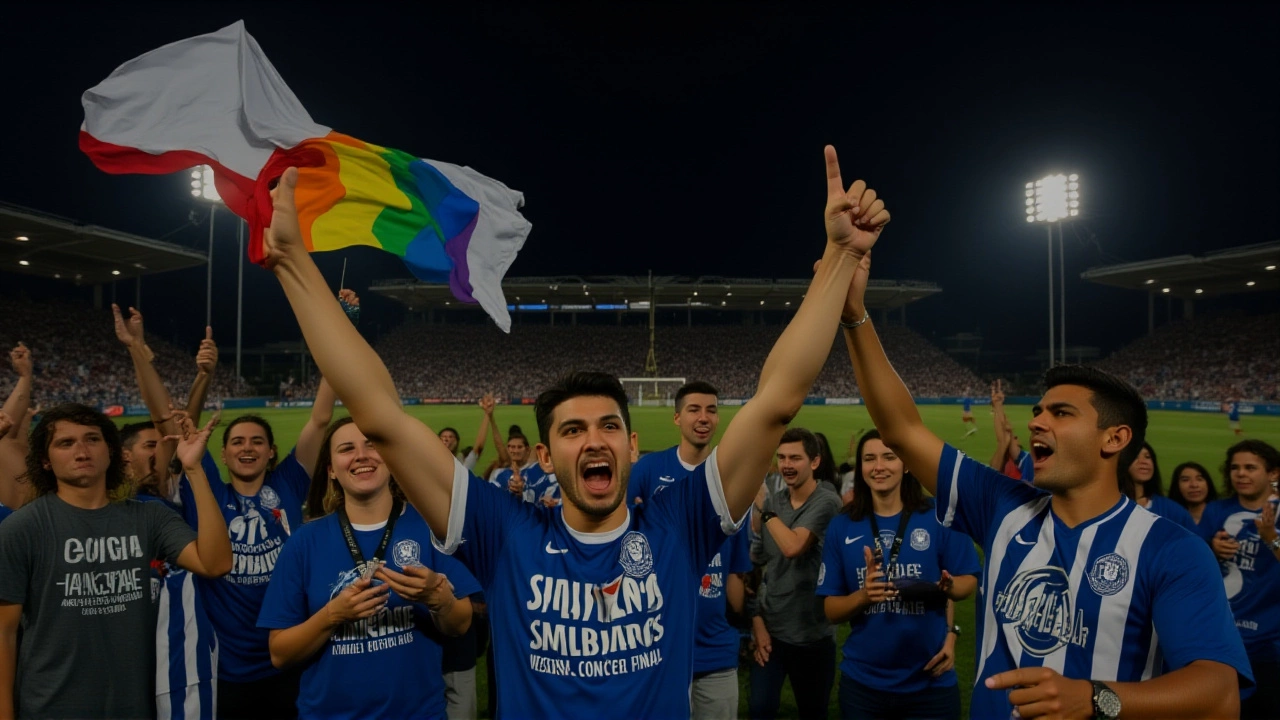
A New Era in San Diego
San Diego FC entered MLS in 2023. Two years later, they’ve won a playoff series. No expansion team had ever done it in the best-of-three format. Even the most optimistic fans didn’t dare dream this fast. The club’s owner, a group led by local business leaders and former players, invested heavily in youth development and smart signings. Dreyer, a Danish international, was brought in for his finishing. Pellegrino, the Chilean striker, was a bargain signing from MLS’s depth pool. And Valakari, the Finnish midfielder, quietly became the engine.The Timbers, meanwhile, end a season marked by inconsistency. They finished eighth in the West with 44 points — barely above .500. Their captain, Diego Chara, played his 26th playoff match, a club record. But this was a team that relied too often on heroics rather than structure. Coach Phil Neville led them to the playoffs for the second straight year, but the gap between him and the top teams is widening.
What’s Next? The Stage Is Set
San Diego now waits for the Western Conference Semifinal — a single-elimination clash against Minnesota United FC on Monday, November 24, 2025, at 7:00 p.m. PT at Snapdragon Stadium. The match will stream exclusively on MLS Season Pass on Apple TV. Minnesota, the No. 2 seed, finished the regular season with 59 points and a 17-9-8 record. They’ve got stars — Josef Martínez, Carlos Ruiz — and playoff experience. But they’ve never played in San Diego. And they’ve never faced a team this hungry.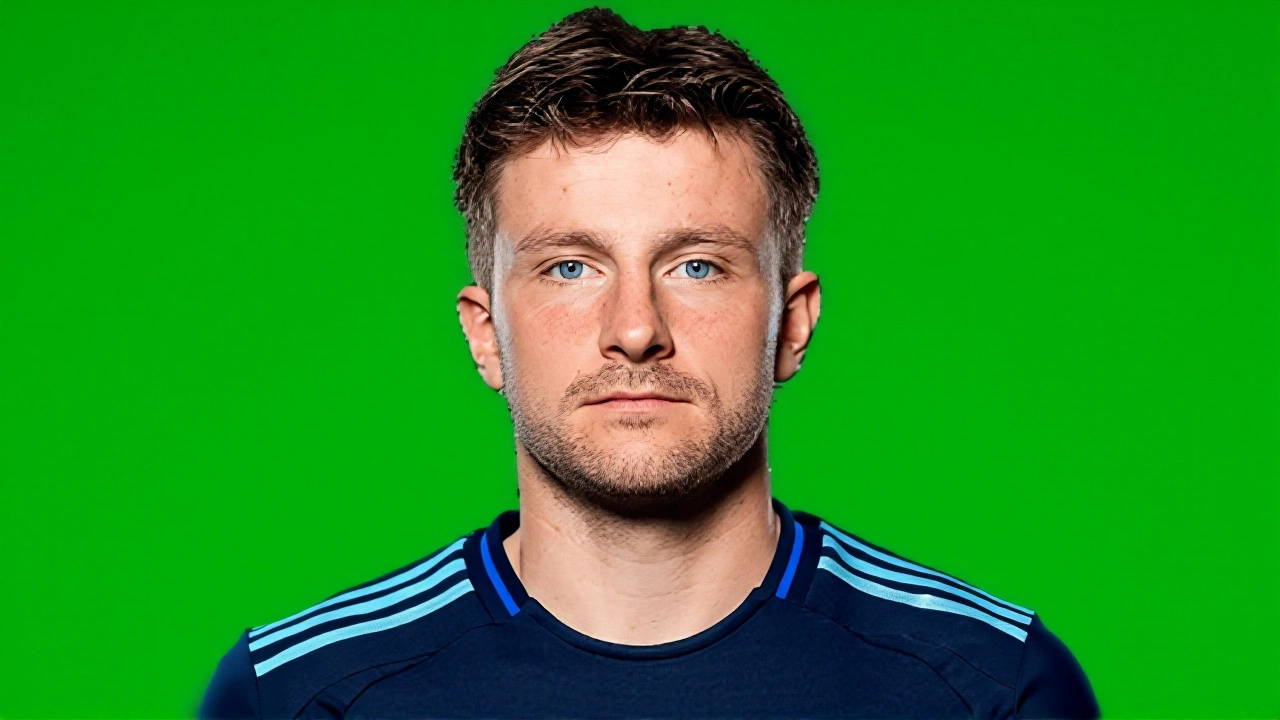
Behind the Numbers
San Diego’s dominance wasn’t just about goals. They:- Completed 571 passes — nearly double Portland’s 285
- Controlled 58% possession — the highest in any playoff game this year
- Registered 15 shots, 9 on target
- Won 9 corners — Portland had 2
- Committed 19 fouls — a sign of physical pressure, but no yellow cards for the home side
Portland, despite their early-season form, finished 12-14-12. Their playoff run ended at 1-2-1. Their all-time playoff record? 12-9-8. A respectable history — but this year, they ran into a rising force.
Why This Matters
This isn’t just about one team winning a series. It’s about what expansion teams can become. San Diego FC didn’t have a 30-year legacy. They didn’t have a historic rivalry. They had a city that showed up — over 30,000 fans packed Snapdragon Stadium on Sunday, many wearing jerseys bought just weeks ago. This win proves that with smart management, community investment, and fearless play, even new teams can cut through the noise.And for MLS? It’s a sign that the league’s growth isn’t just about big markets — it’s about building something real, fast. San Diego didn’t wait for permission. They just played.
Frequently Asked Questions
How did San Diego FC become the first expansion team to win a best-of-three playoff series?
San Diego FC became the first expansion team to win an Audi MLS Cup Playoffs best-of-three series by winning Game 3 of their Round One matchup against Portland Timbers 4-0 on November 9, 2025. They had previously lost Game 2 in a penalty shootout but bounced back with a dominant performance in front of their home crowd, leveraging superior possession, clinical finishing from Dreyer and Pellegrino, and a flawless defensive effort from goalkeeper Pablo Sisniega.
Who scored the goals for San Diego FC in the decisive Game 3?
Forwards Anders Dreyer and Amahl Pellegrino each scored two goals for San Diego FC in Game 3. Dreyer netted in the 5th and 79th minutes, including a stunning volley off a cross from Onni Valakari. Pellegrino scored in the 17th minute — a rebound finish after his initial shot was saved — and added another in the 53rd minute to put the game out of reach for Portland.
What was the significance of Pablo Sisniega’s performance?
Pablo Sisniega recorded San Diego FC’s first-ever clean sheet in MLS playoff history, making two crucial saves while stepping in for injured starter CJ dos Santos. His composure under pressure helped stabilize a defense that faced minimal threat, allowing San Diego to dominate possession and control the tempo without fear of counterattacks — a key factor in their 4-0 win.
Why did Portland Timbers struggle so badly in Game 3?
Portland’s struggles stemmed from a lack of cohesion and rhythm. After winning Game 2 in dramatic fashion, they came out flat in San Diego, unable to match the home team’s intensity. Their midfield was overrun, completing just 285 passes compared to San Diego’s 571. A straight red card to Juan Mosquera in the 80th minute further crippled their chances, and their offense, led by Kristoffer Velde, had no support from the wings or fullbacks.
What’s next for San Diego FC after advancing to the Western Conference Semifinals?
San Diego FC will host Minnesota United FC in a single-elimination Western Conference Semifinal on Monday, November 24, 2025, at 7:00 p.m. PT at Snapdragon Stadium. The match will be broadcast exclusively on MLS Season Pass via Apple TV. Minnesota, the No. 2 seed, boasts a strong regular-season record and playoff experience, making this a true test of San Diego’s mettle as a rising contender.
How does this win impact the future of MLS expansion teams?
San Diego FC’s breakthrough proves that expansion teams can compete immediately with the right leadership, investment, and fan support. Unlike past expansion sides that needed years to adapt, San Diego reached the playoffs in Year 3 and won a series in Year 4. This sets a new benchmark for future franchises like San Diego’s 2026 counterpart, Sacramento Republic FC, and shows that market size alone doesn’t determine success — culture and execution do.
